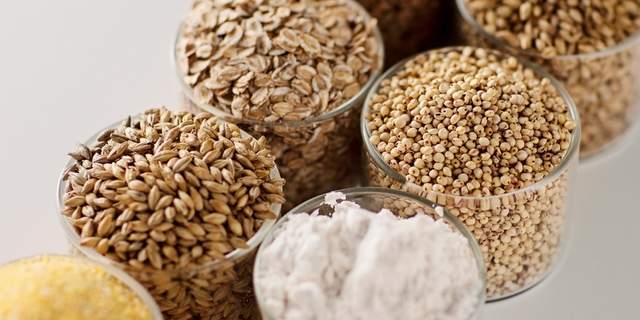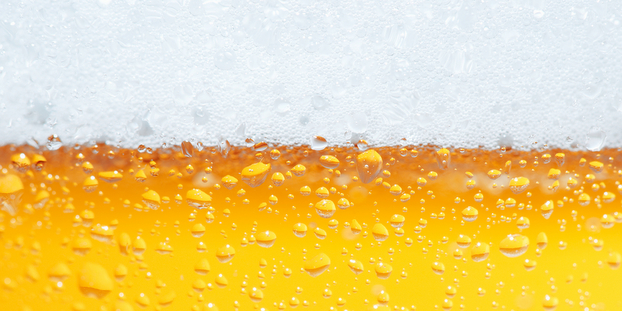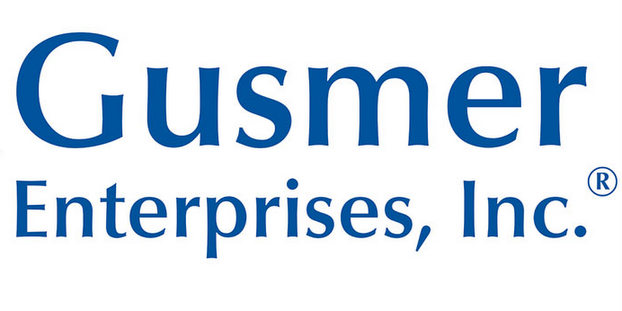Would you like an update on the global food enzyme market? No? Well, too bad. Here’s one anyway.
2016 global food enzymes market research says developments in protein engineering will be a key trend for market growth. These new enzymes and proteins will have new functions by changing amino acid sequences, employing recombinant DNA technology increases. Food enzymes are gaining momentum in the manufacture of products in various application sectors because of their effective catalytic properties. New developments in biotechnology and protein engineering are providing a platform for the efficient development of enzymes with improved properties.
The carbohydrase segment dominates the food enzymes market and will occupy around 63 percent of the total market shares over the next four years. The global market for carbohydrase is driven by the growing consumption of food enzymes in brewery and dairy industries. Amylase, cellulose, lactase, mannanases and pectinase are the most commonly-used carbohydrases. These enzymes break down carbohydrates into starch, which is further used as an ingredient during the manufacture of food products and beverages, nutraceuticals and other products. They find extensive usage in beverages, vegetables and fruit juices. Enzymes such as β-amylase present in barley help in the fermentation of carbohydrates.
Are craft brewers using enzymes?
There are a variety of available enzymes that can be used in brewing for a multitude of purposes. Big Beer often uses a glucoamylase for light beer production, while some craft brewers have gravitated toward alpha and beta amylase supplementation. A proline endo-protease is an up-and-coming enzyme starting to see some wide use in craft breweries.
Some brewers are using locally sourced grain, which presents a couple of problems because the quality control isn’t as great when compared to the large grain providers. Sometimes those grains need to be dealt with using an outside enzyme if they have too much protein — brewers use protease for that — or if there’s too much beta glucan, and you’ve got a stuck mash, you can use a beta-glucanase.
If you have changed your mind and would like to know more about enzymes, here’s a handy article that will help.






Enzymes used in brewing to see big gains the next few years https://t.co/8hwCRVn1yg
Columbus Brew Adventures liked this on Facebook.
Enzymes used in brewing to see big gains the next few years (should you use them?) https://t.co/QIvW7KK9nS via @craftbrewingbiz